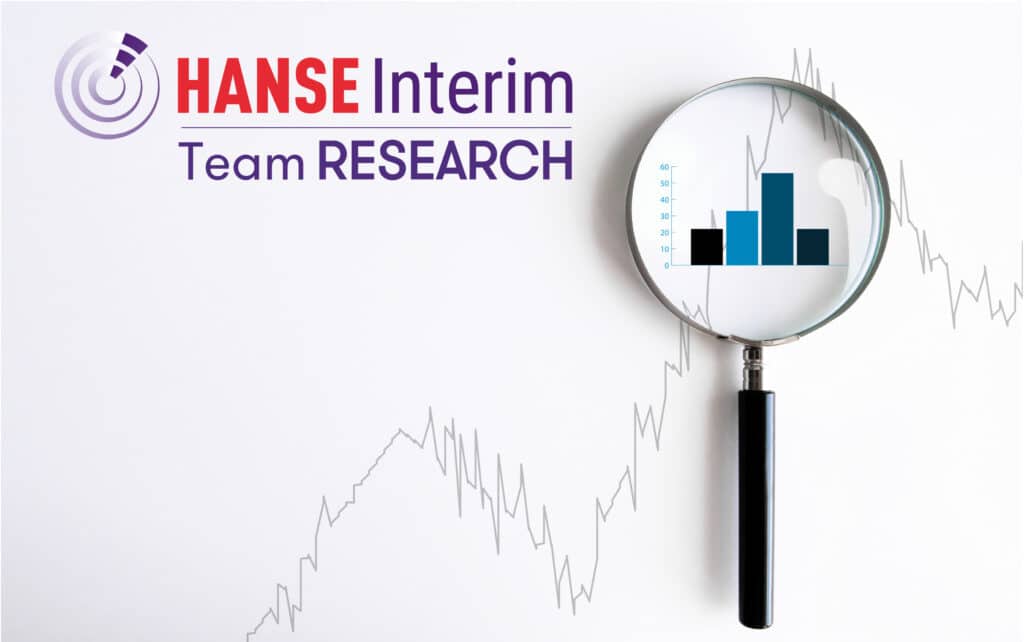HANSE Interim | Team RESEARCH: Where is the work for interim restructurers? Which industries in Germany are currently in crisis?
The Coface Industry Barometer elaborates on which industries interim CROs and the restructuring industry need to focus on in the future!
Most of the main industries in Germany were still showing signs of weakening from the effects of the Corona pandemic at the end of 2021. Thus, according to Coface’s analysis, 11 of the totals of 13 industries considered had at least a medium risk of default in Q4 2021, and 5 times even a high or very high risk was attested. The only exceptions are the chemical and pharmaceutical industries, which in turn benefited to a certain extent from the pandemic.
- What effects can be expected from the war between Russia and Ukraine?
- Which industries will be particularly affected by sanctions?

General impact of the war in Ukraine
In the wake of the war between Russia and Ukraine, many industries will face further negative repercussions and an increase in default risks is likely as a result.

Review: Coface
In addition to significant oil and gas exports to Germany, Russia and Ukraine are important suppliers of agricultural commodities such as wheat, but also of metals.
Due to the export ban on these goods, commodity prices are rising, higher inflation is limiting purchasing power and growth is declining.
Sector-specific effects
According to Coface’s analysis and the assessments of HANSE’s research department, the following industries in particular are at increased risk from the effects of sanctions:
Conclusion
Due to the current situation, the general uncertainty continues to increase.
Due to the sharp sanctions introduced, an increase in industry default risks and thus corporate insolvencies can be expected. Of course, in addition to CROs, functional interim managers from supply chain and logistics to secure supply chains and buyers to manage material price increases and supply will have enough to do in these industries.
What developments do you expect in the future?
Your HANSE Interim Team
Andreas Lau and Christian Heuermann
Management
Sources: HMC research department, statista, BdS, npd group, IBISWorld, press


